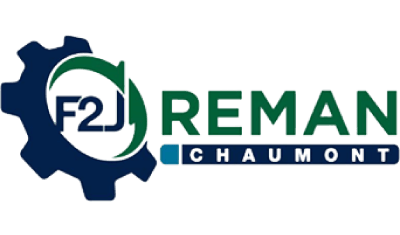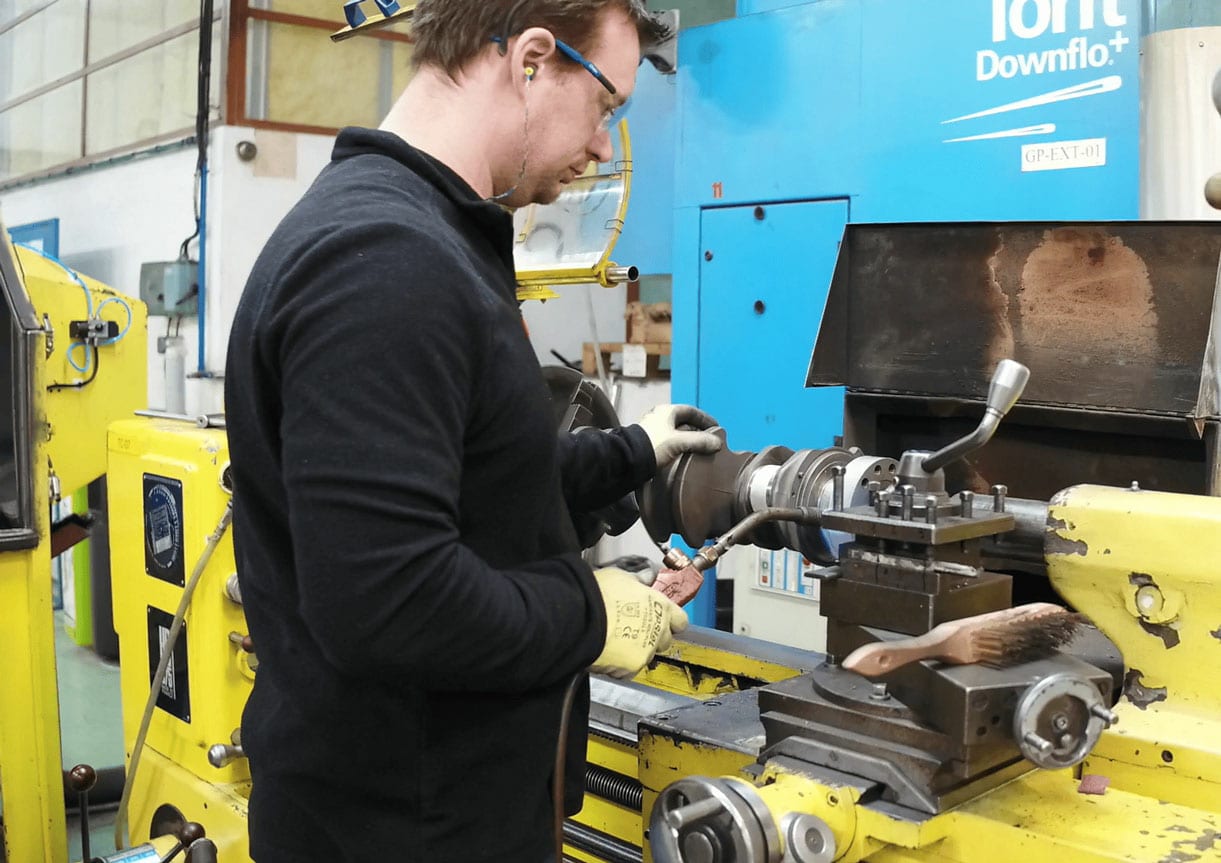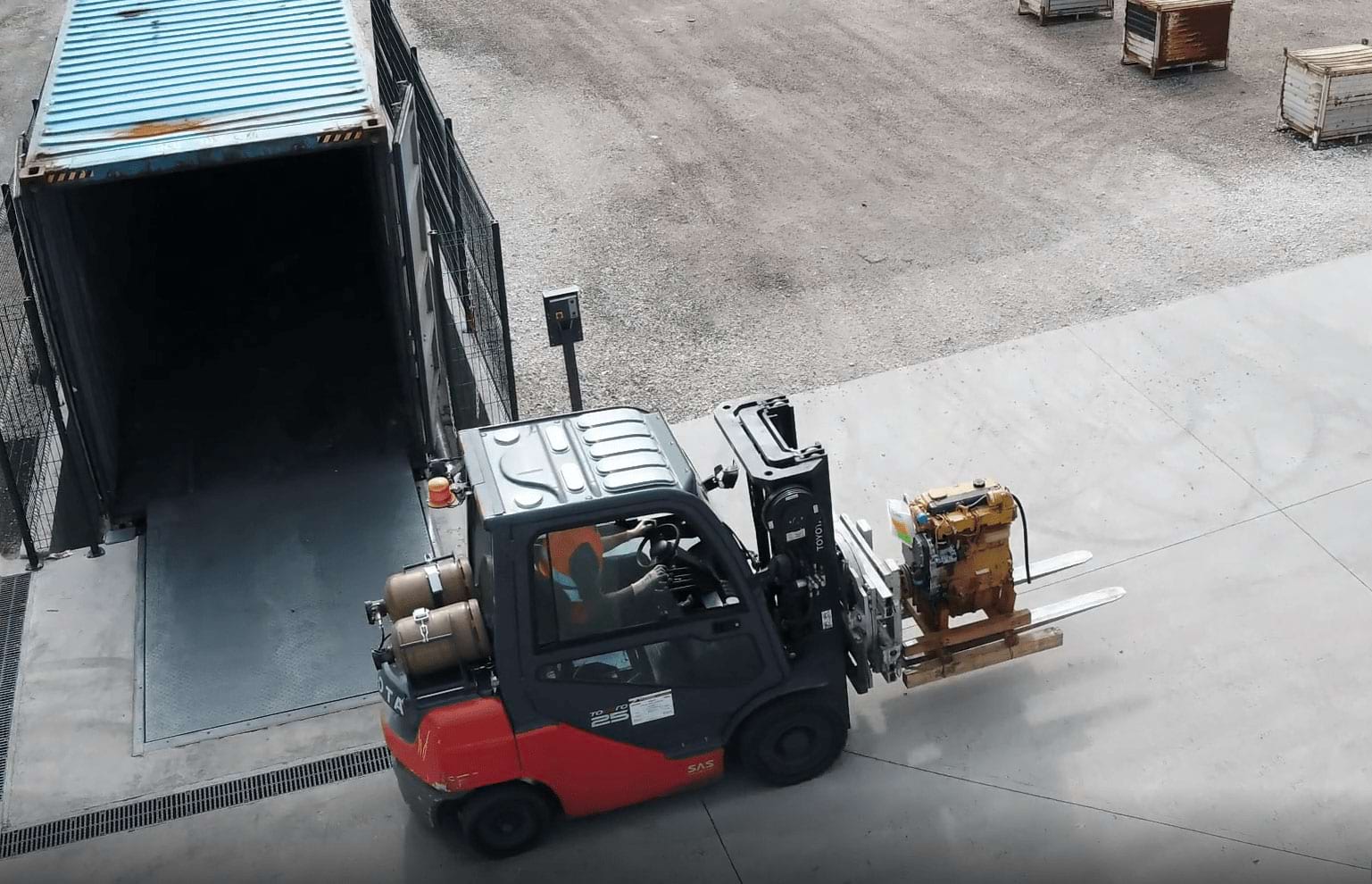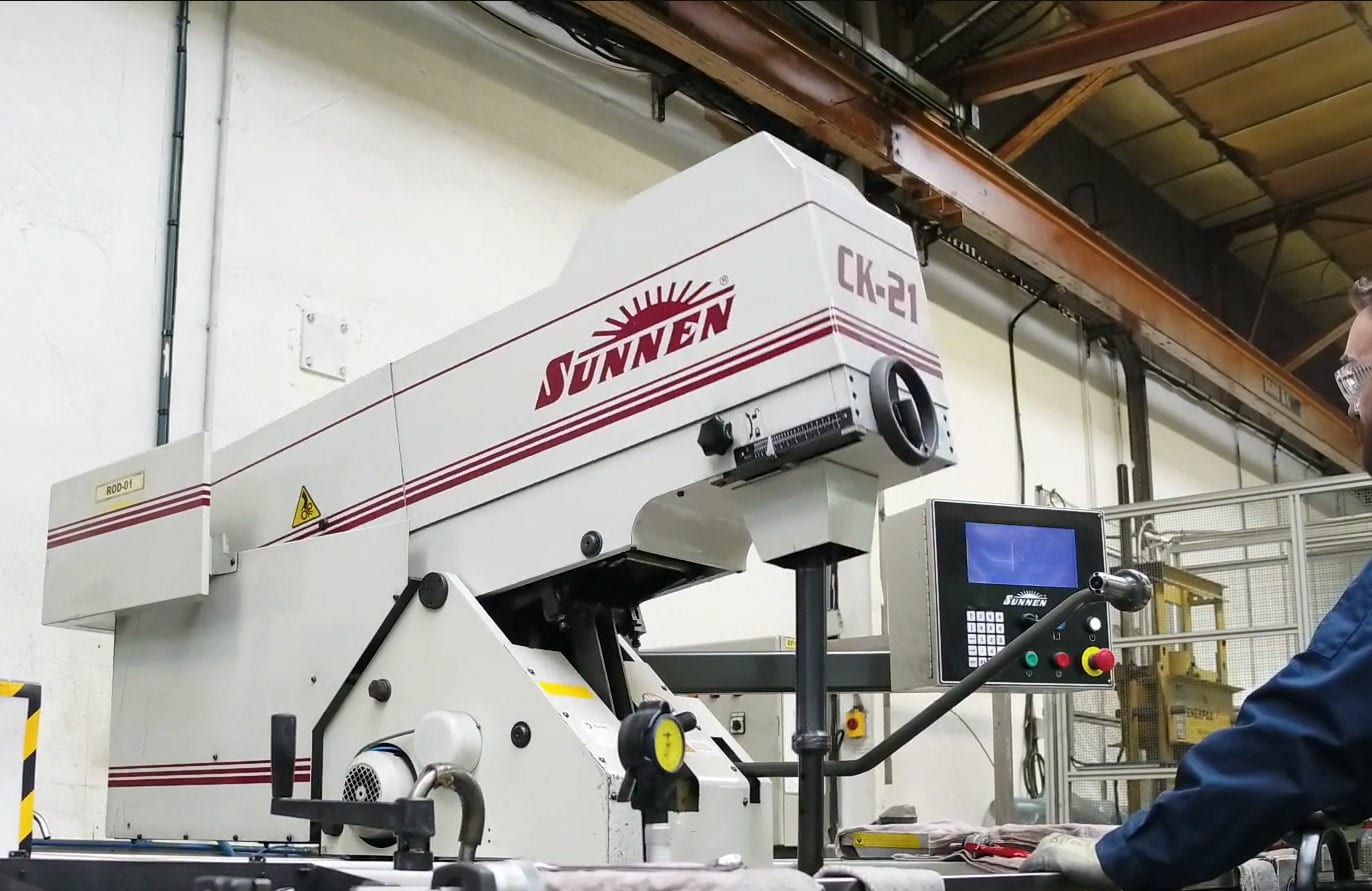Accueil / Client case study
What our clients say
The F2J Industry Group is optimising its Procure-to-Pay chain management with Oxalys

Jean-Baptiste Collin
Head of Procurement – F2J Industry

- Sector : Manufacturing industry
- 150 million euros turnover 2021
- 1 500 employees
- Locations : 8 sites in France, Poland and South America
The challenges
Have a comprehensive view of indirect procurement
Optimise the management of low value-added purchases
Rationalise the number of suppliers to benefit from better procurement conditions
Automate reconciliation of supplier invoices
Limit discrepancies between purchase orders and invoices
Reduce supplier disputes
The solution
Gradual digitalisation of the Procureto-Pay process
RFx and tenders
Contracts and agreements
e-Procurement & Mobile Procurement
Supplier portal
Integration with ERP
The benefits
Reduced purchase order processing times
40% reduction in the supplier invoice processing
Cost optimisation
Accounting teams are refocused on their core business
A solution that complies with e-invoicing regulations in 2024
F2J Industry is an industrial group specialising in various fields of automotive subcontracting
Founded in 2016 and owned by French shareholders, F2J Industry has a turnover of 150 million in 2021 and employs over 1,500 people across eight different sites based in Europe (mainly in France and Poland), and in South America.
The group consists of a group of companies, each the size of an SME, resulting from the takeover of businesses of large groups such as Valéo, Fiat, Caterpillar, etc.
For each business acquired, F2J Industry carries out a «turnaround», reorganising the entity to improve or strengthen its profitability. This strategy is mainly based on the digitalisation of all the group’s procurement processes and its various entities.
Finally, thanks to this solution, we can calmly prepare for the transition to electronic invoicing. By allowing us to digitise our invoices now, we are anticipating the obligation to switch to electronic invoicing and will therefore be ready when the deadline arrives in 2024, especially as Oxalys is committed to complying with this regulation.

F2J Industry is a worldwide player in the land transport subcontracting sector, in various fields of activity spread over eight sites based in Europe ( including France and Poland), as well as in South America.
To achieve our profitability goals, we needed to centralise and digitally transform our entire Procure-to-Pay value chain. We therefore decided to completely rethink our vision of procurement and to deploy a new information system as well as an e-procurement solution

The challenges: optimising the entire procurement value chain, from order to invoice
Within the F2J Industry group, each of the group’s 8 sites has a procurement division, all under the umbrella of the Group Procurement Department. Purchases are made for various departments within the company, from production to accounting to human resources. Due to this decentralised organisation, F2J Industry lacked an overview of its indirect procurement, which was made on a day-to-day and case-by-case basis.
Some of F2J Industry’s buyers were also dedicated to recurring product procurement that the group had not contracted for. F2J Industry therefore needed to optimise the management of its low added value procurement.
The group also had a problem with the number of active suppliers, which it wanted to rationalise to improve efficiency but also to benefit from better procurement conditions.
On the invoicing side, F2J Industry wanted to automate reconciliation and limit discrepancies between purchase orders and invoices to save time and reduce litigation.
«To achieve our profitability goals, we had to centralise and initiate the digital transformation of our entire Procure-to-Pay value chain, explains Jean-Baptiste Collin, head of procurement at F2J Industry. We therefore decided to completely rethink our vision of purchasing and to deploy a new information system as well as an e-procurement solution».
A project that the group decided to launch in 2018.
Having an integrated solution 2 to manage all our Procure-to-Pay processes, such as that proposed by Oxalys, was also a decisive factor in our choice.

The project: A phased deployment of the Oxalys solution
Within the framework of this project, F2J Industry organised a call for tenders to choose a digital procurement solution to digitalise its procurement processes, based on several criteria. They chose the solution proposed by Oxalys. «We wanted the chosen solution to be ergonomic and intuitive enough so that even our users who are not buyers can place their orders, continues Jean-Baptiste Collin. The financial approach and the deployment planning proposed by the software company were also important factors in our choice. The Oxalys solution met these main criteria. On the other hand, although the digitalisation of invoices was a second phase of our project, having an integrated solution 2 to manage all our Procure-to-Pay processes, such as that proposed by Oxalys, was also a decisive factor in our choice.».
F2J Industry began by reviewing its order processes and rolling them out on a first site in France. «It worked so well that we quickly duplicated and standardised them on our other sites», adds Jean-Baptiste Collin.
The digitalisation of invoices was rolled out in a second phase, one year later.
We’ve saved almost 40% of the time spent on the supplier invoice process.

The benefits: an intuitive solution for quickly measurable benefits
The benefits of digitalising procurement processes were not long in coming. «Thanks to the digitalisation of our indirect purchase requests, we can now cope with the increase in the volume of our procurement with the same number of employees, and speed up processes, adds Jean-Baptiste Collin. With some of our suppliers, we have saved up to three days in processing our orders. We have also reduced our supplier base, favouring the most active ones, which has enabled us to negotiate their prices and delivery times with them, and thus reduce our costs.»
The digitalisation of supplier invoices was carried out in a second phase and also enabled F2J Industry to reduce its processing times in this area, mainly for the reconciliation of orders with invoices. These benefits were all the greater as the Oxalys solution was integrated with F2J Industry’s ERP system already in place. «We have saved almost 40% of the time spent on the processing of supplier invoices, continues Jean-Baptiste Collin. Time that F2J Industry’s accounting teams now dedicate to analysing and reducing discrepancies between orders and invoices, as well as resolving disputes.»
Today, F2J is progressively extending the roll out of the solution to all its sites.